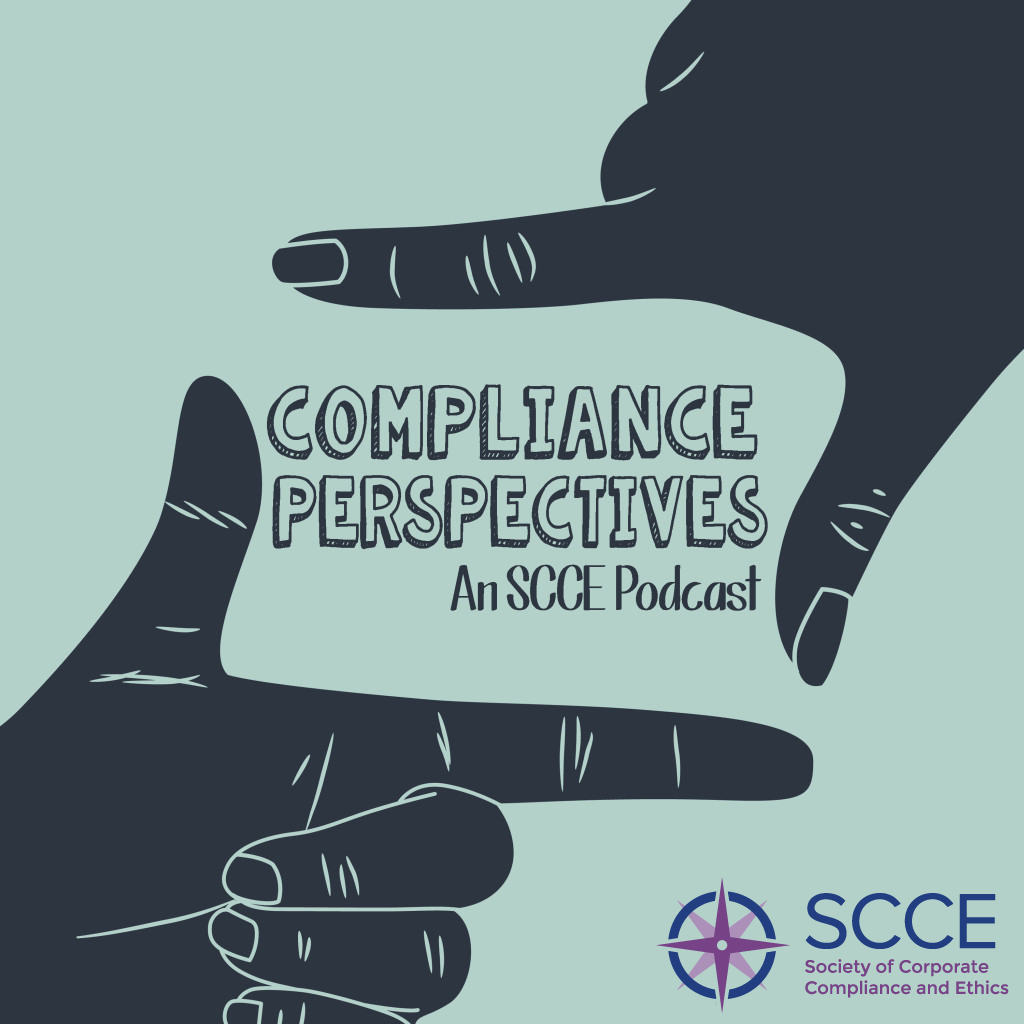Podcast: Play in new window | Download (Duration: 9:03 — 8.4MB)
Subscribe: Apple Podcasts | Email | TuneIn | RSS

 By Adam Turteltaub
By Adam Turteltaub
adam.turteltaub@corporatecompliance.org
We all admire whistleblowers who call out wrongdoing and help right a wrong, at least we do in the abstract. But, as case after case has shown, whistleblowers are rarely so admired by their peers.
Paul Fiorelli, Professor of Legal Studies and Co-Director, Cintas Institute for Business Ethics at Xavier University, has spent a great deal of time contemplating this dilemma. As he explains, the roots of the problem go back to childhood where we are warned not to be a tattletale. In this discussion he shares:
- If employees don’t feel that they can safely raise issues, you’ll likely be reading about them externally instead of hearing about it internally
- The importance of trying to create an environment where people feel comfortable coming forward
- The problem of not being able to always tell the reporter what the disposition of the investigation is, which may lead to the perception that nothing was done
- The challenge of a trust vacuum
- The two biggest fears of whistleblowers: retaliation and managerial inaction
- The need to change the discussion so that the whistleblower isn’t seen as disloyal but as someone who is helping to prevent and correct problems
- The importance of checking for retaliation over the long term, not just the short

In compliance, we are supposed to create a culture of openness and communication. Effective Communication. Derogatory terms only remind insiders that these terms could be used against them. These words are a weapon to stifle information from coming forward. Sticks and Stones do break bones… but Words still hurt and will hinder (or kill) the best laid compliance plan and program. Let’s raise above such language and let our employees know we are looking for Paul Revere’s to ring the bell – internally if possible! Choose your Words carefully.
Comments are closed.